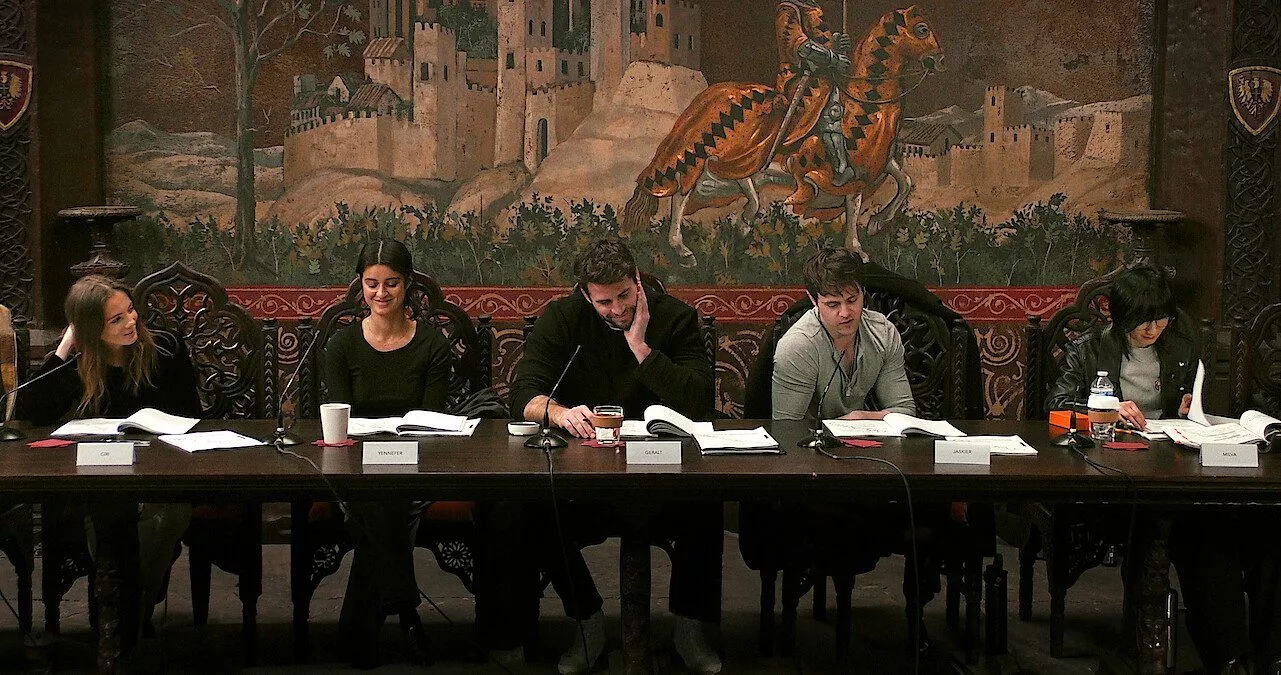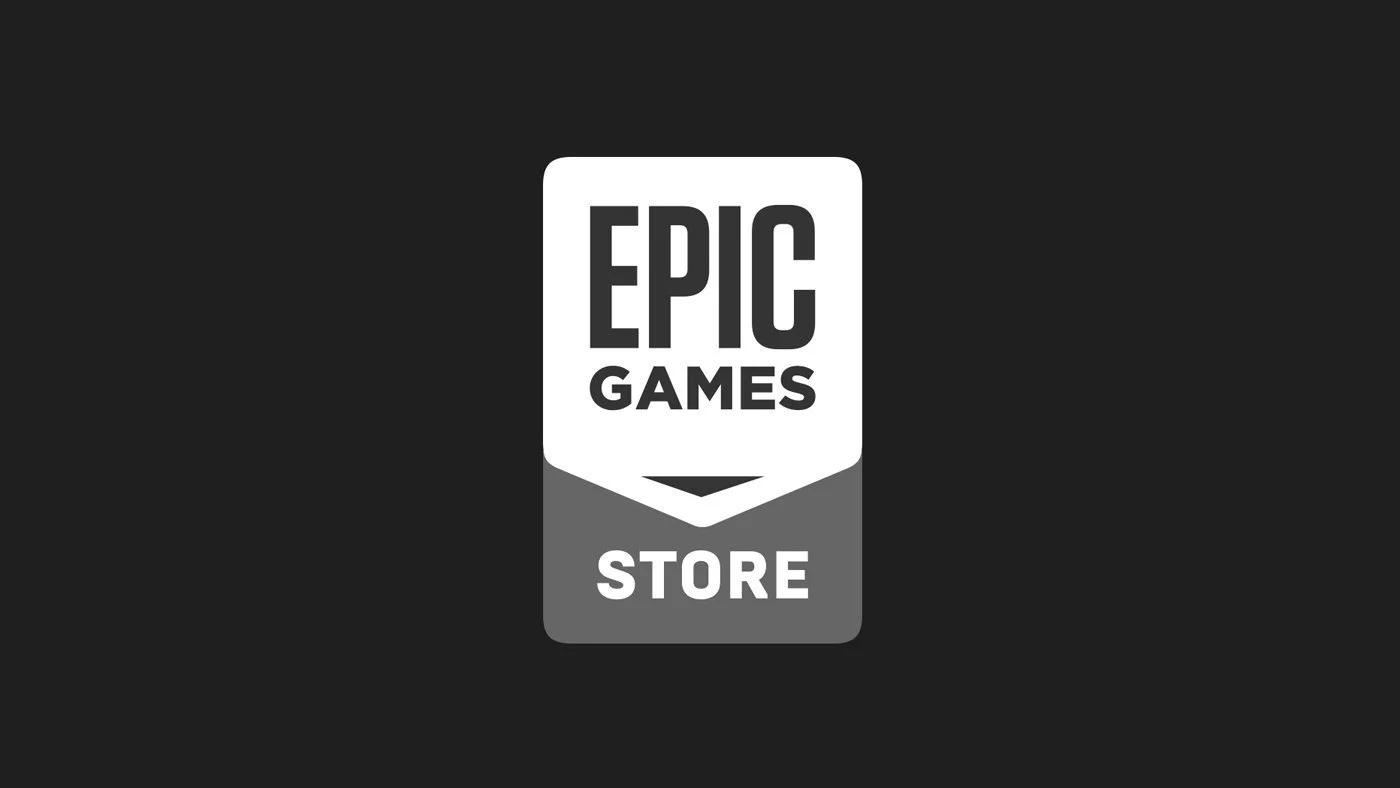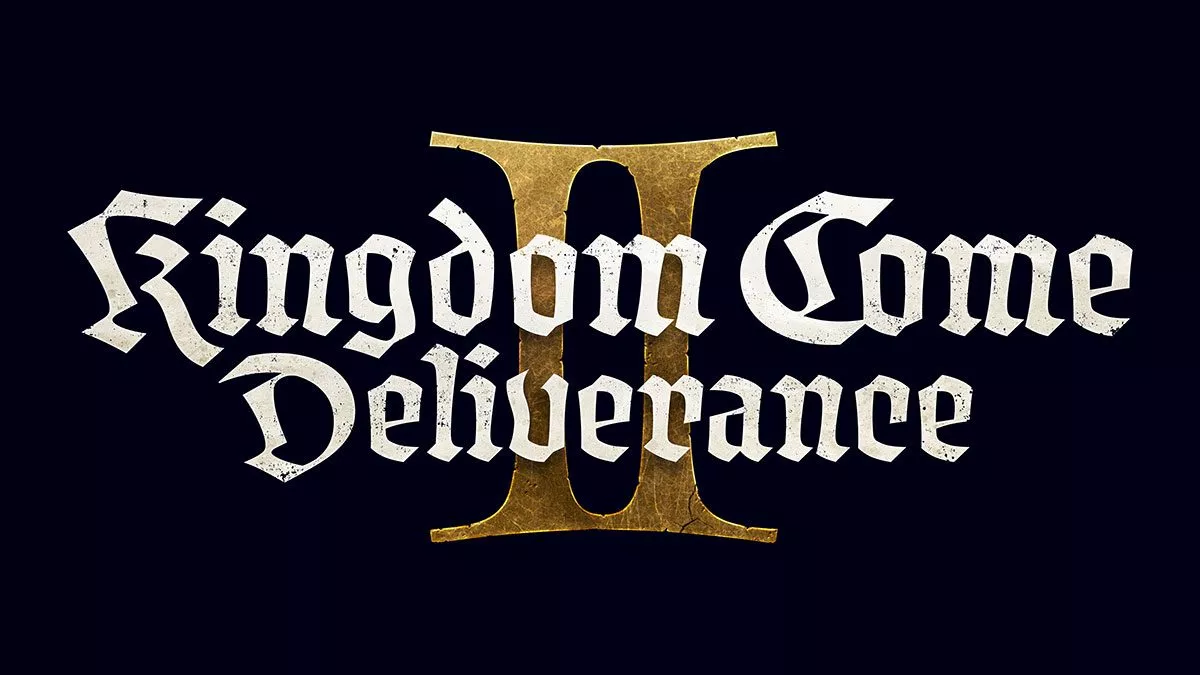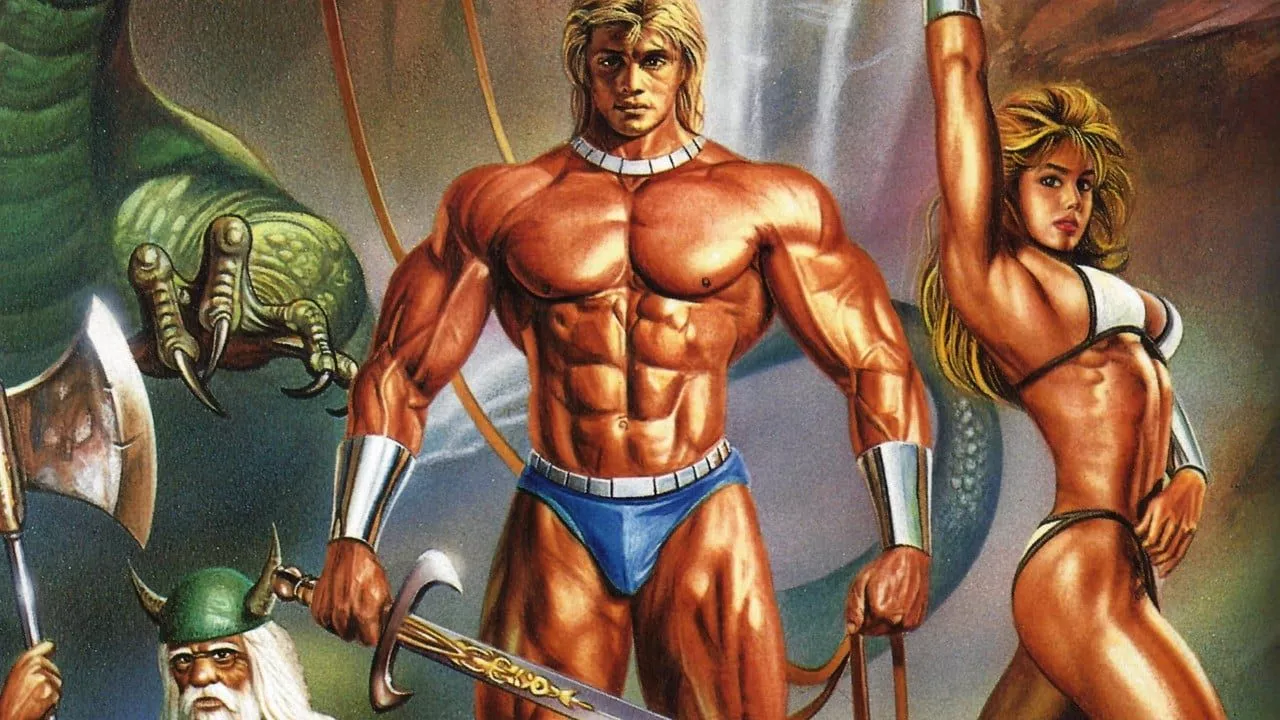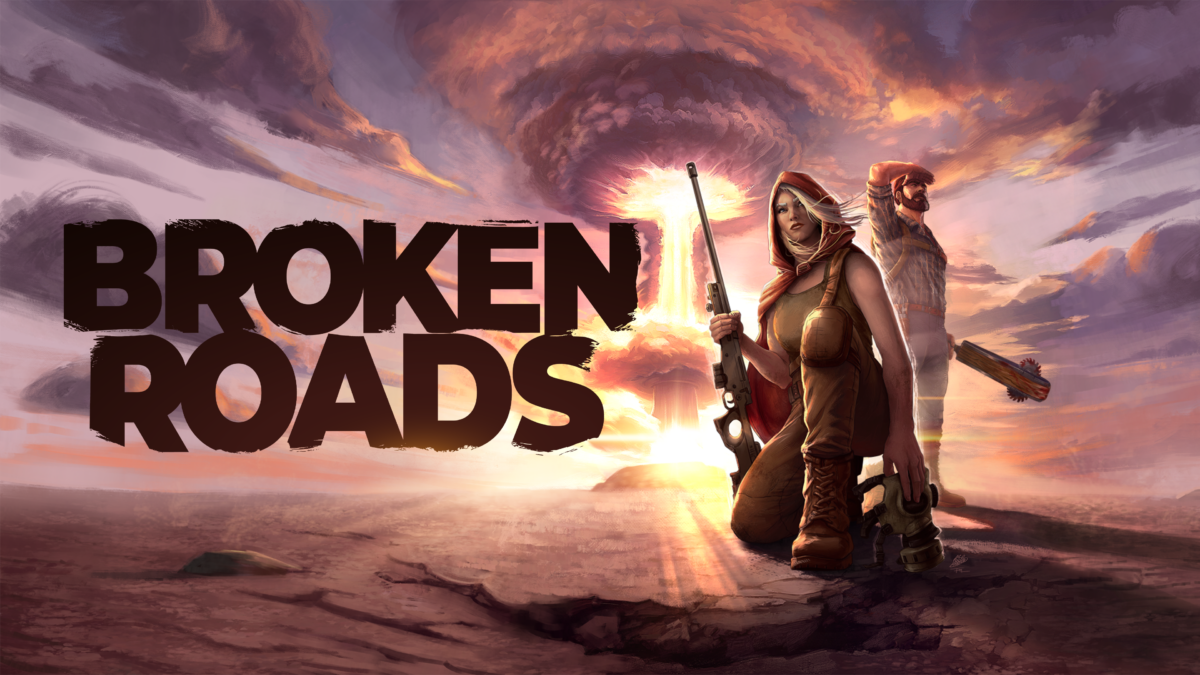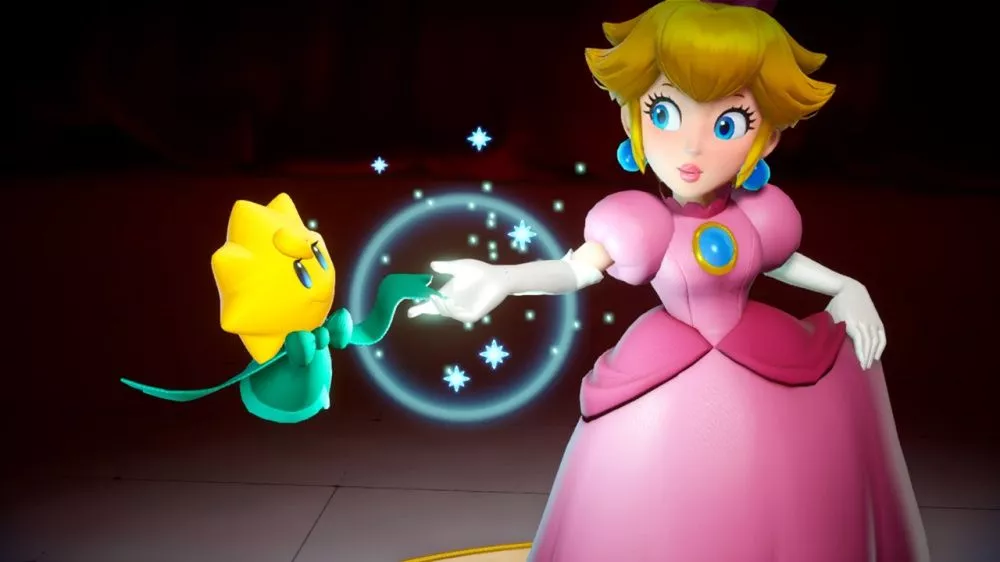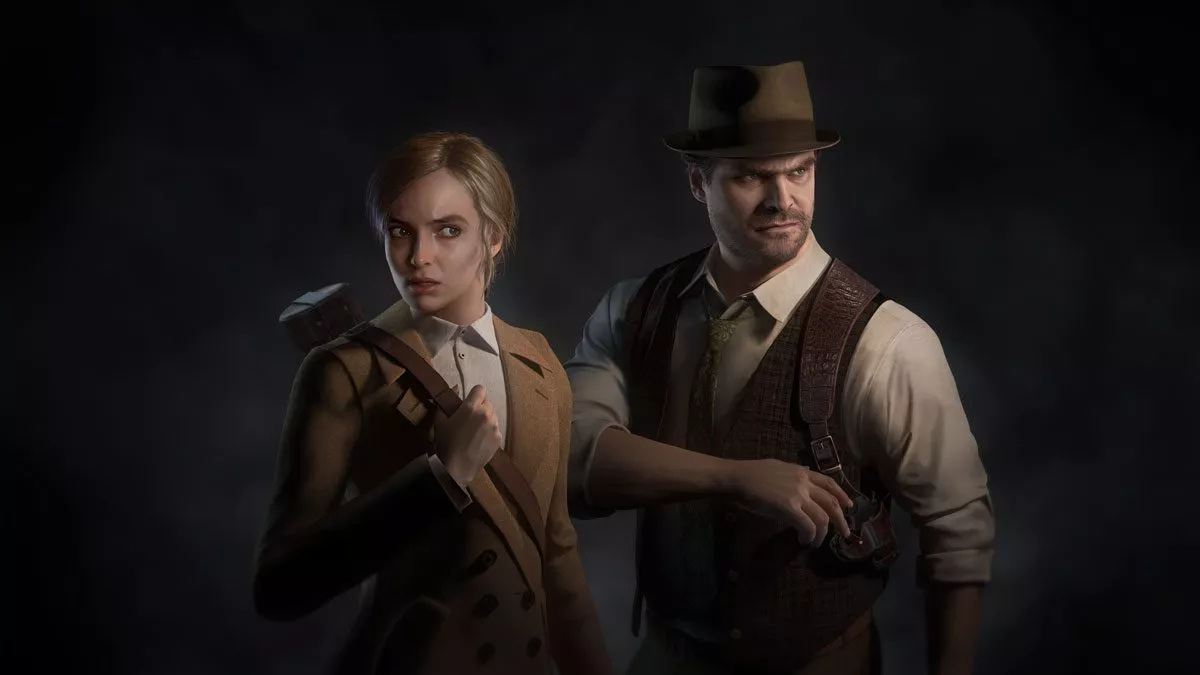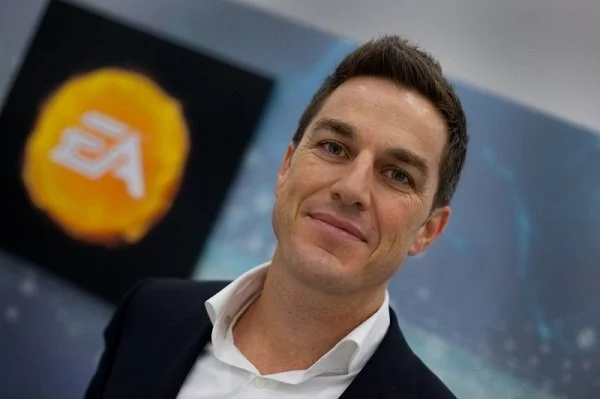Microsoft versus Sony, Battlefield versus Call of Duty and Forza versus Gran Turismo. These are some of the rivalries that can get people talking about console wars. “Game On or Game Over” is your place to get inside the minds of Nicholas and Andy as they seek to find the true meaning of gaming and tackle some of gaming’s most controversial subjects. Both are award winning authors – although the awards haven’t been mailed or created yet — but trust them. Would they lie to you?
Andy: Which came first – the gamer or the developer? No really, that’s an honest question. Were the gamers here first and developers just popped up to fill the need, or did developers come first and the “build it and they will come” mentality appear and gamers slowly crawled out from under rocks? The reason I ask such a broad question is last week I received the October issue of Game Informer magazine, and while I was flipping through the pages I stumbled on a short interview with Electronic Arts’ CEO Andrew Wilson. I almost flipped right past it, but decided to give it a read. Wilson has been the CEO at EA for right about a year, and during that time, according to the interview, he has made some fairly significant changes to how the company operates. One particular question and answer really got me thinking, not just about EA, but about every developer/publisher in the industry really. Let me explain.
Wilson states that he came into the role with key beliefs; 1) players first, 2) the people who work for the company, and 3) the shareholders. He then goes on to talk about how it’s easy to get those priorities mixed up and which they need to serve at a given time. There have been some practices in gaming the past few years that clearly don’t favor the gamer and prioritize the shareholder and profits. Things like on-disc DLC, microtransactions and other practices surrounding monetizing players as much as they can. In the past year, Wilson says they’ve done a lot of work in putting the player first and acknowledging when things don’t go as planned. Personally, I know there have been times in the past where a game, not just an EA game, seems to care more about the shareholders and profit than it does about my experience and me having fun – so this was an interesting interview for me to read.
I thought I’d start out this week’s article with a rather vague question. We can all agree that without games there wouldn’t be gamers. But, we can also agree that without gamers there wouldn’t be games. The two have a very symbiotic relationship that, at times, is taken for granted. I like the fact that Wilson is talking about putting the players first, but the cynical part of me has to ask. Do you think he is being honest or is he just doing some lip service to try and spin things in a more positive light after EA “won” the Consumerists’ Worst Company in America two years in a row (but not the past year)?
Nicholas: To answer your opening question, I’d like to think that ‘gamers’ existed before video games came about. Now I’ve used my choice of words specifically there because ‘gaming’ is something that has evolved over time. Of course, we didn’t have video game gamers before video games were invented (in the same way that we didn’t have drivers before cars were invented), but people have always sought out ways to have fun and pass time, and making something interactive off a computer or television was inevitable as people tried to make using a computer ‘fun’.
To move on to Andrew Wilson, I think it’s a bit of both really. The cynic in me believes that as an intelligent businessman (and CEO), with all the flak that Electronic Arts have received over the past couple of years, it would be beneficial for him to come out and make it seem like the company was moving away from its ‘money-hungry’ ways and putting the focus back onto consumers. The very fact you’re asking this question and that I’m talking about it with you, shows that what he’s doing is working – it mightn’t mean they have turned around the public opinion yet, but small steps rights? I mean, they didn’t win the award this year so that’s got to be a win, hey?
In contrast, the optimistic person in me would like to think that he is being honest. Just think of Microsoft before and after the Xbox One was launched and how the opinions and attitudes of the company changed when Don Mattrick left. This year Microsoft were all about being focused on the gamer experience, and that’s what recent advertisements have been all about. In the same way, I’d like to think that EA are also realizing some of their ‘mistakes’ and are working to change that around. This all said though, I’ve never been disgruntled towards Electronic Arts, so EA pre/post Wilson is no difference to me. How about yourself though? Do you think these comments by Andrew are legitimate and have you noticed any real difference in EA’s ideals or products since he came into the position?
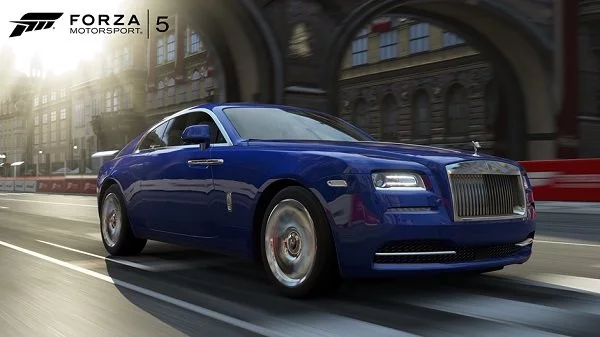
Andy: Sample size wise, he’s only been at the helm of EA for about a year, so right now it’s hard to really say one way or the other. What I can say, is me personally, I have seen a shift within EA. I’m not sure I am ready to say it’s all because of him, but if it is there’s a lot I like as a gamer. The first thing that comes to mind, and this may puzzle some, is they have shown a willingness to push back games. Battlefield: Hardline, Dragon Age (only a couple weeks), as well as deciding that there will be no annual installment of Need for Speed this year. We talked a couple months ago about publishers/developers seeming to be more willing to push a game back for the betterment of the game – and I actually appreciate that. Sure, it sucks because we can’t play that game as soon as we may have hoped for, but I’ll take a three month delay and a great game than the opposite.
The second thing that comes to mind, and Andrew talks about it in the interview, is EA Access. Bang for your buck it’s a really good value, and they wanted to have it be a “why wouldn’t you” get it conversation, instead of a “why would I get it”. It may be just semantics, but I think that’s a pretty significant shift in thinking. Especially from a company that had microtransactions in games like Mass Effect 3 and Dead Space 3. I know I plan on getting EA Access as soon as I can buy a prepaid code from a retailer because I don’t want to have a credit card tied to an online account. The other thing I have noticed with EA and several of their developers, is their willingness to admit when they screwed up. The Battlefield 4 launch is a perfect example. Both DICE and EA released several statements and updates about what was going on and what they were trying to do. Sure the game wasn’t perfect on launch, but at least they weren’t holed up in a room with their fingers in their ears ignoring what was going on. So, as of right now I am willing to believe what Andrew is saying. Maybe not one hundred percent, but I’ll give him the benefit of the doubt.
I’d like to pull back from talking just about EA here. The gaming industry as a whole has developers and publishers that fall on each side of the isle; those really putting gamers first and those who see games as slot machines and keep looking for the next payout. I think that’s one of the biggest reasons for most gamers to trust a company is they always feel like the other shoe is about to drop and there will be an online pass, on-disc DLC or unlocking an in-game item only to have to buy it with real money to use it. There are just so many industry practices that leave gamers feeling like they got the short end of the stick. You mentioned above that you have never been disgruntled with EA before so there’s really no change for you. Is there a developer/publisher that you have been disgruntled with? What were the circumstances that made it that way? Lastly, do you still play their games or do you ignore them completely now?
Nicholas: The closest I’ve ever come to being ‘disgruntled’ with a publisher was with Codemasters and their DiRT series, but even then it’s has been more disappointed than disgruntled. I joined the franchise quite late with Colin McRae DiRT, but for me it was an awesome title to experience off-road racing with. It was one of those games I spent a long time playing and one that I completed (at least offline-modes) to 100%. When DiRT 2 was released it was nowhere near as enjoyable or focused as the game before it, and with each subsequent installment to the series came further disappointment. I had the opinion that Codemasters made great games, but I’ve never been completely satisfied with their offerings for a while now. Do I still buy their games though? Yes. Reason being, I just don’t want to miss out on that one title that might turn everything around. I guess I’m just a sucker like that.
This idea of being disappointed with a franchise happens a lot for me, but there’s really never been a franchise that I’ve decided I would stop supporting because I’ve been let down here or there. There was a time when Need For Speed games weren’t as good as they used to be, but years later I’m still keen on the latest installment. I found myself not liking some of the recent Assassin’s Creed games too, yet I just finished AC4 this weekend and loved it, so I’m excited for what Unity has in store.
All this said though, I’m fairly breezy when it comes to games. Despite all the hubbub surrounding things like microtransactions or on-disc DLC, I’ve never really cared too much about any of it. Are you the same, or is there a company that’s pushed it a little too far in your opinion? If not, what would it take for you to really take a stand and stop supporting them?
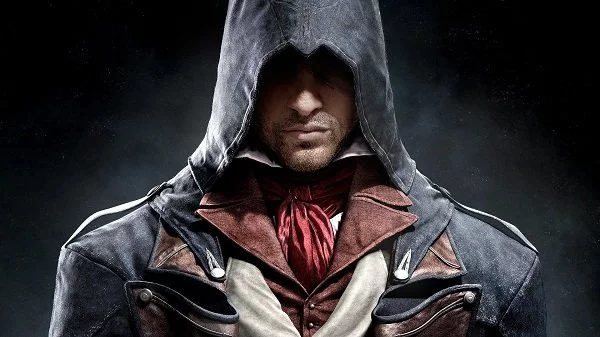
Andy: I’m not sure if I have completely given up on any company, but I can say I have a very hard time buying anything made by Capcom. Some of their recent decisions surrounding on-disc content, releasing multiple versions of a game several times and just the general direction of some iconic franchises. To me they are clearly treating the shareholders as the number one priority. I want to be clear though, there is a difference between passing on a game because of its creative content; for instance this is the first year I won’t be getting the latest Call of Duty in the past 5 to 6 years. I haven’t liked the last two, and I don’t want to get burned again. With Capcom though, I just flat-out ignore their games until they hit the used game bin.
I don’t think any of us will argue that video game companies are here to make money. Yet, in my opinion, there needs to be some give and take between a company looking out for its shareholders as well as looking out for its end consumer. All too often if seems like the scale is tilted heavily in favor of the shareholders. A good example would be traditional single player games adding multi player modes that don’t seem to really add to the experience. Adding multiplayer just to add it to create another revenue stream is not helping the player experience at all. The multiplayer in Mass Effect 3, while not mind blowing, at least had a small effect on the main story with the Galactic Readiness boost. Look at the multiplayer for Assassin’s Creed though. While some found it a fun distraction, to others it felt forced and was not enjoyable at all. With the news that multiplayer was removed from Assassin’s Creed Unity and replaced by optional co-op missions that at least gives me some hope that Ubisoft listened to gamers at least a little bit.
I can imagine balancing the two (shareholders and gamers) can be tricky at times. Those who have purchased shares expect to make a return from them. At the same point, I’m seeing gamers more willing to call out decisions in games that they don’t agree with and hold developers accountable for decisions that are implemented only to make money. A game you and I both played Forza 5 is a great example of this. You could buy a DLC car pack that had say 10 cars, however, just because you bought that pack didn’t give you the right to drive that car unless you unlocked it with tokens or money in the game—essentially asking you to ‘buy’ it twice. There was quite a bit of outrage over that and Turn 10 changed how they did things and made it right. With Forza Horizon 2 just around the corner that is a practice that Playground Games said they won’t be doing because of the feedback from Forza 5. Here’s a conspiracy theorist view on it though and one I would like to get your opinion on. Was that a legitimate “oops” by Turn 10, or do you think that was a case of a developer trying to see what they could get away with?
Nicholas: Like a lot of situations, I don’t think it is exactly clear-cut one way or another. Turn 10 must have obviously planned how the game was going to work with microtransactions, and I’m sure that when they originally launched the game they were confident they’d be able to get some extra money from people who wouldn’t be bothered grinding for cash. That said, I don’t think they expected the backlash they received though, because it seems kind of ridiculous that they’d develop this launch title and tote it as something amazing and different only to have its reputation potentially ruined by a new business decision. I was actually surprised that it received that much attention from the fans if I’m honest, although as someone who has downloaded each of the car parks released so far, I’m kind of glad that it did.
This is all very similar to Microsoft and the initial unveiling of the Xbox One too. Some people will argue that it was just a massive failure to gauge gamer’s opinions on the original features it was set to have, and some will argue that it was merely an attempt to see what radical changes they’d be able to get away with. It just depends how cynical you want to be I guess… or is it gullible?
A number of weeks ago we spoke about some of the potentially ‘dodgy’ practices that publishers had been trying to employ in the industry as of late. This week we’re talking about the industry almost doing a 180 and how it’s trying to fix its wrongs. Do you think we were perhaps too quick to assume the worst, or do you think everyone’s in a bit of a PR-repair mode and then it’ll be back to testing the waters again? Are we just being unnecessarily negative?
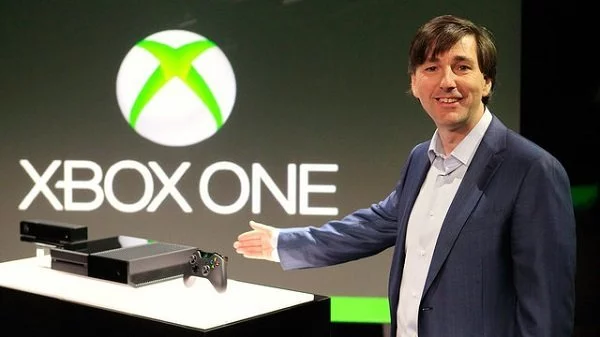
Andy: Like you said, it’s ironic that we’ve talked about shady developer practices as well as gamers bitching about things. Yet, with all that said I think gamers need to call attention to those practices that they don’t like because if they don’t there is no reason for a developer/publisher to acquiesce and change things. I don’t begrudge gamers who voice their displeasure over decisions that are made for pure profit if they are done the correct way. I think there is a right way and a wrong way to express feelings over video games. What we’ve seen lately is that developers are willing to listen to fan feedback now more than ever. In the past we’ve seen developers put their heads in the sand and ignore legitimate fan criticism. It seems more and more now are willing to listen to rational detractors and at least consider making changes.
One thing I see many gamers do is express an opinion about a game and then get up in arms when that criticism is not immediately taken. You and I have talked before about how the average gamer has no idea what it takes to make, or update a game. Some of the things that are suggested aren’t minor fixes or easily patched into a game, but can be the bones for future development decisions. It seems that more and more developers are willing to into account what gamers are saying and not just brushing it off as “Oh we know what’s best.” Some of those changes are because of loud outcry from gamers, like the Forza 5 decision mentioned above, but others can be from a tweet of Facebook post. I think it’s a positive change that developers are at least willing to listen now. Sure, they may not take every idea to heart, and they have to weed out the people that are just trolling, but something is better than nothing.
The caveat of this, at least in a gamers eyes, is a company – be it a developer or a publisher – is only as good as the last game/issue. Like we talked about in our article about those shady business practices, gamers are very aware of the past couple of years where we’ve been treated like ATMs. Rightly, or wrongly, there’s a certain level of skepticism whenever a company promises to do things differently and it’s becoming hard to take them for their word. That’s why, while I like what Andrew Wilson is saying, I’m not sure I’m willing to trust everything he says yet. However, with the small sample size of the past year I do like that companies are taking a more public stance admitting they may not have made the best decisions for gamers and the ways they are looking at correcting them. To close out this week’s discussion is this trend something gamers should be looking forward to, or is this just something that companies will use until they see a better avenue and dump it to the wayside? Or, do you think this is something that companies are legitimately honest about and are truly going to put the gamer first more often than not?
Nicholas: It’s perhaps a bit difficult to tell just yet because as you’ve said, we only have a small sample size to really judge this from, but the optimist in me really hopes this to be the case. I look at the examples above with Wilson’s interview, Microsoft’s DRM backflip and Turn10’s decision to reduce the reliance on microtransactions and I’m hopeful that we’re moving in the right direction. At the same time however, I read your review for the latest Sniper Elite III DLC and I get frustrated that a company has gotten away with releasing an $8USD DLC pack that has very little to do. It’s conflicting – there are some companies willing to do right by gamers and others that seemingly couldn’t care less.
To be on the safe side, we really need to observe what happens in the next few years with this generation. Will developers only get better by putting gamers first or will they see how far they can push the envelope the other way? I’d really love to hope that it’s the former, but I guess we shouldn’t be too surprised if it isn’t.
Tune in next time for the next instalment of Game On or Game Over. If you have any ideas for our next article, feel free to contact Andy or Nicholas on Twitter.
This article may contain affiliate links, meaning we could earn a small commission if you click-through and make a purchase. Stevivor is an independent outlet and our journalism is in no way influenced by any advertiser or commercial initiative.


